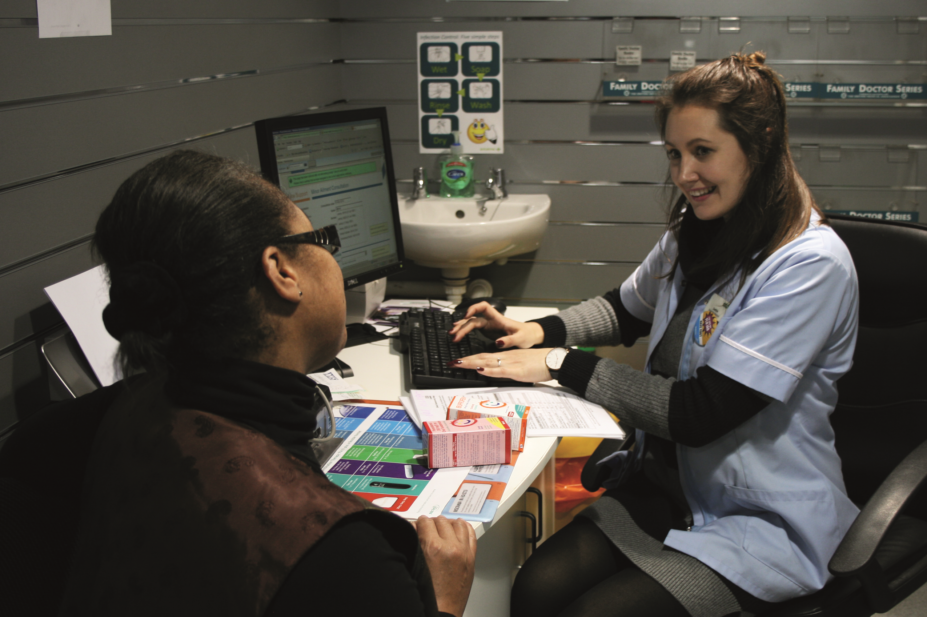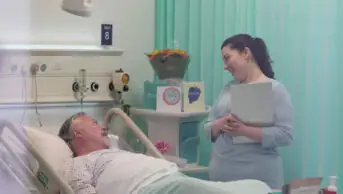
MAG / The Pharmaceutical Journal
A hospital pharmacy initiative to provide information and advice to patients about its discharge medicines use review (dMUR) service had minimal impact on encouraging uptake, study results published in the International Journal of Clinical Pharmacy have revealed.
Instead, the personal relationship between a patient and their community pharmacist was found to be a more influential factor on the patient’s willingness to have a dMUR.
The study was conducted on general medicine wards, the admissions ward and coronary care unit at an unnamed hospital in the south east of England.
The researchers recruited 100 patients who were taking medicines on a regular basis for a long-term condition, with at least one change in either a medicine or a dose regimen during their hospital admission. Participants were responsible for taking their own medicines and anticipated that they would be discharged.
The pharmacy service introduced a two-stage initiative as part of standard care to raise patients’ awareness of the dMUR service.
The clinical pharmacy team gave patients verbal advice and a leaflet during medicines reconciliation, encouraging the patient to use the dMUR service. A leaflet and a reminder label were added to the discharge bag.
Contacting patients four weeks after discharge, the researchers found that just 11% of patients had attempted to book an appointment for a dMUR, although a further 10% were still considering accessing a dMUR or MUR. Four patients in the study had attempted but failed to receive the service as the pharmacist was unavailable.
Many patients said that they experienced difficulties with visiting the community pharmacy in person either resulting from poor mobility and/or ill-health.
Although 23% of patients expressed concerns about their medicines, it was found that, generally, this did not persuade them to go for a dMUR.
Those who had received a dMUR considered the consultation to be beneficial.
Although, the majority of patients who had accessed a dMUR did not have concerns or issues with their medicines, but appear to have been motivated to go because of the positive relationship that they described with their community pharmacists.
The researchers concluded that the initiative had minimal impact on uptake, with the main reasons for patients not accessing a dMUR being their lack of perceived need for medicine support; their reliance on their doctors to review and make decisions about their medicines; or their reduced capability to access the pharmacy.
“Routinely available domiciliary dMURs should be commissioned to improve the accessibility of the service to all patients,” they said.
Duncan Petty, a research practioner in primary care pharmacy at the University of Bradford and newly appointed member of the Royal Pharmaceutical Society English Pharmacy Board, described the study as useful but said that the results did not surprise him. “If you’ve just been discharged from hospital you might not be in a fit state to go down to a pharmacy,” he said.
“This is one of the restrictions of MURs — you can’t do it over the phone.”
Petty suggested that a way to move forward would be for the hospital to gain consent from the patient for the community pharmacist to ring them after they’ve been discharged.
“Domiciliary dMURs are hugely beneficial for patients because you can see what problems they’re having with adherence but it’s very time consuming and not a realistic model for community pharmacy,” he added.


